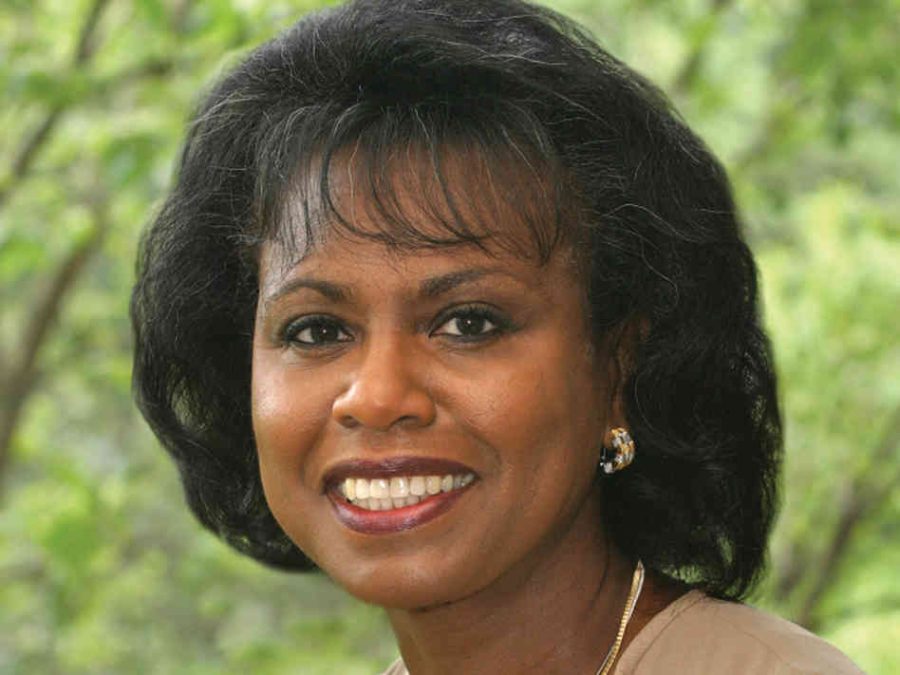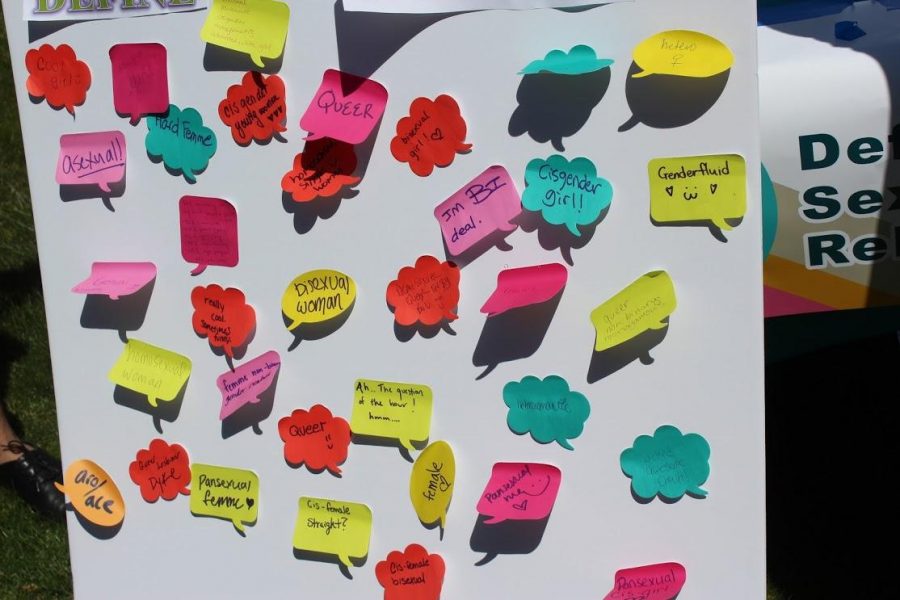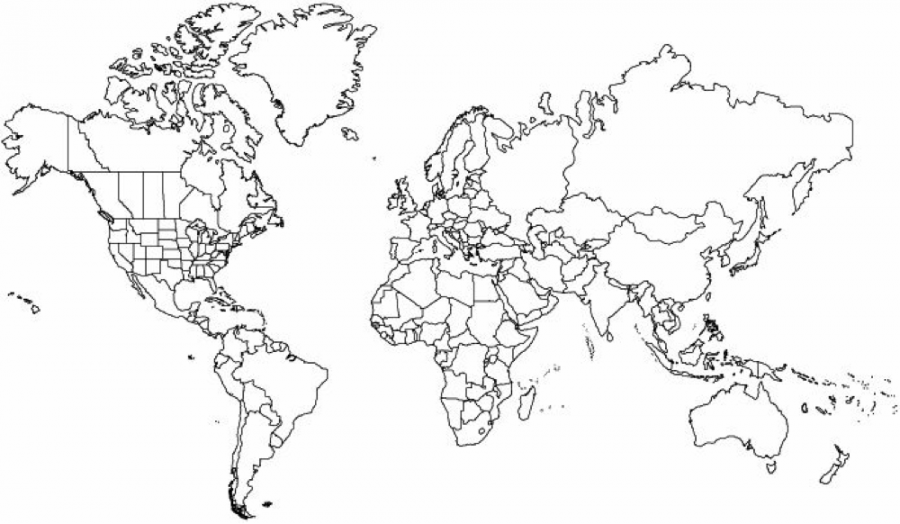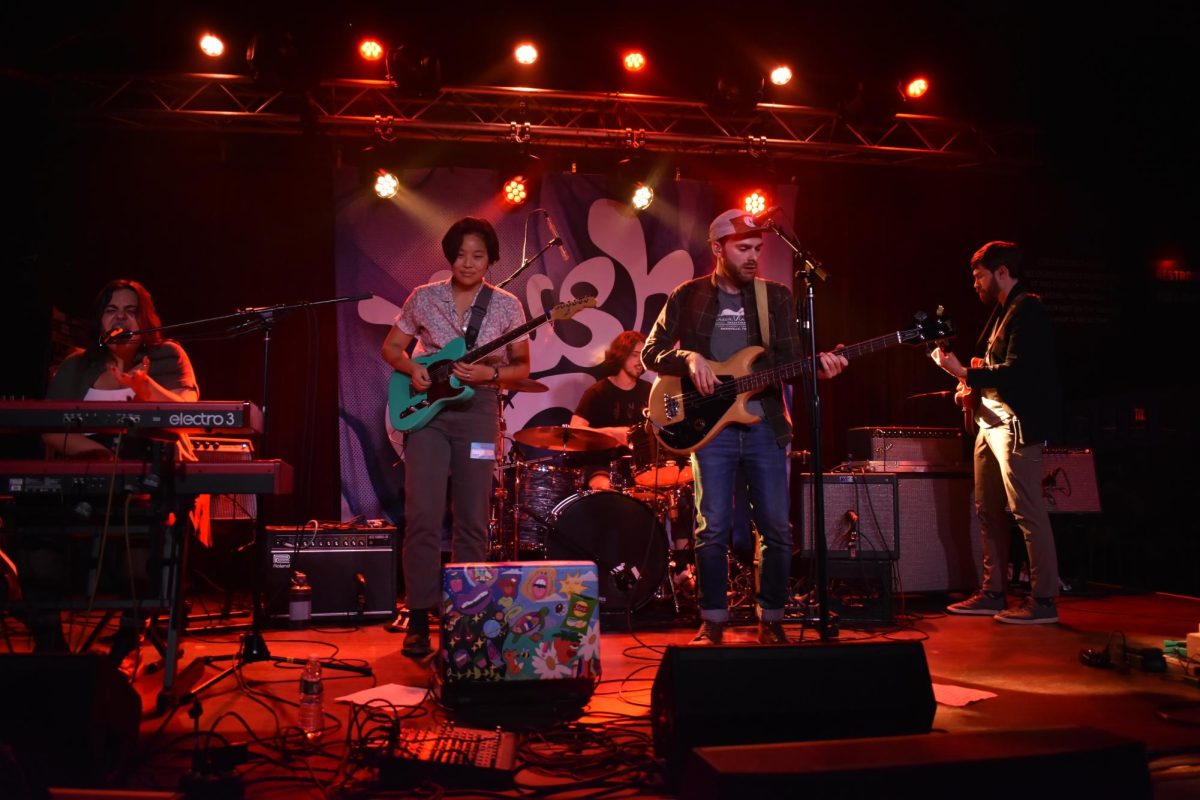Journalism is only one aspect of our multifaceted media culture, but the way that events are reported shapes not only public perception but also can influence legal outcomes, policy, and cultural practices, especially since media and culture are so intertwined.
In the context of Sexual Assault Awareness Month, which takes place throughout April, one critical area where media reporting must be improved is in the realm of domestic violence, sexual assault, and rape reporting.
Recently, the Violence Prevention and Educational Outreach Program hosted activist and public speaker Stephanie Gilmore, PhD, for a series of workshops related to rape culture. “Disappearing the Word ‘Rape’: A Media Analysis and Our Responses” was the first of these, and centered on the importance of language in shaping media coverage and subsequent policy changes and/or legal action (if any).
One critical aspect of the workshop centered on the language used in reporting rape and sexual violence. For instance, journalists reporting on rape allegations shy away from using the term “rape,” instead resorting to weaker and, ultimately, inaccurate terms such as “had sex with” and other variants on that terminology.
However, failing to address crimes—whether the criminals are convicted or not—using the appropriate terminology not only leads to journalist inaccuracy but also smooths over a very serious felony.
Some writers choose not to use the term “rape,” as it is a word charged with violence and power, and incites an emotional response. This does not justify the use of inaccurate descriptions of sexual violence and assault. The only sex that exists is consensual sex; “sex” that takes place without consent is rape, and there are no gray areas.
Referring to sexual violence with language that emulates consent, e.g., “had sex,” removes the culpability of the act from the perpetrator by implying that the action was mutual among parties, and leaves the report devoid of any power dynamic that inevitably was present in the act.
Conflating “sex” with sexual violence leads to complacency not only from the reporting perspective but also in a broader sense of media influence. It becomes more difficult to parse action, violence, and responsibility if the same language used to define consensual acts is also attributed to acts of sexual violence, assault, and violation.
It is the responsibility of ethical journalists to maintain responsibility for our own writing, and additionally to disseminate information that remains true to the context of a given situation. This means that giving appropriate names to acts is a necessity.
Another crucial aspect of accurate reporting of crimes of sexual violence is appropriate respect for the survivor. At the very minimum, this means avoiding victim blaming. As Alexis Sobel Fitts writes for the Columbia Journalism Review, “Doing better requires consideration of the survivor, even before a reporter starts writing.” This includes putting the safety of the survivor as paramount; writing in a way that will avoid sensationalism; and honesty in interviewing survivors when they choose to recount their experiences.
There is dissent surrounding the use of the word “alleged”; sometimes it is necessary to encapsulate court language. However, some people believe that it creates a sense of shame and denial of the survivor’s account. It is therefore critical to balance the use of words like “alleged” with more definitive terms, such as “said.”
Finally, it is also important to be critical of which quotes are included from bystanders and observers, whether they were present during the event in question or are simply privy to the situation. While including perspectives from outsiders is a crucial aspect of journalism, it is also a necessity to ensure that the quotes do not perpetuate rape culture. Since we are all entrenched in rape culture, it is difficult to separate these toxic ingrained beliefs from their role in the continuation of the way we understand rape and sexual assault in our media and broader culture.
Maintaining respect for survivors and continual awareness of journalism’s role in shaping perceptions of rape in the media and beyond should be central to journalistic integrity in the realm of reporting about rape, sexual violence, and other related crimes—at every level of reporting, from college newspapers up to outlets with national or even international reach.






















